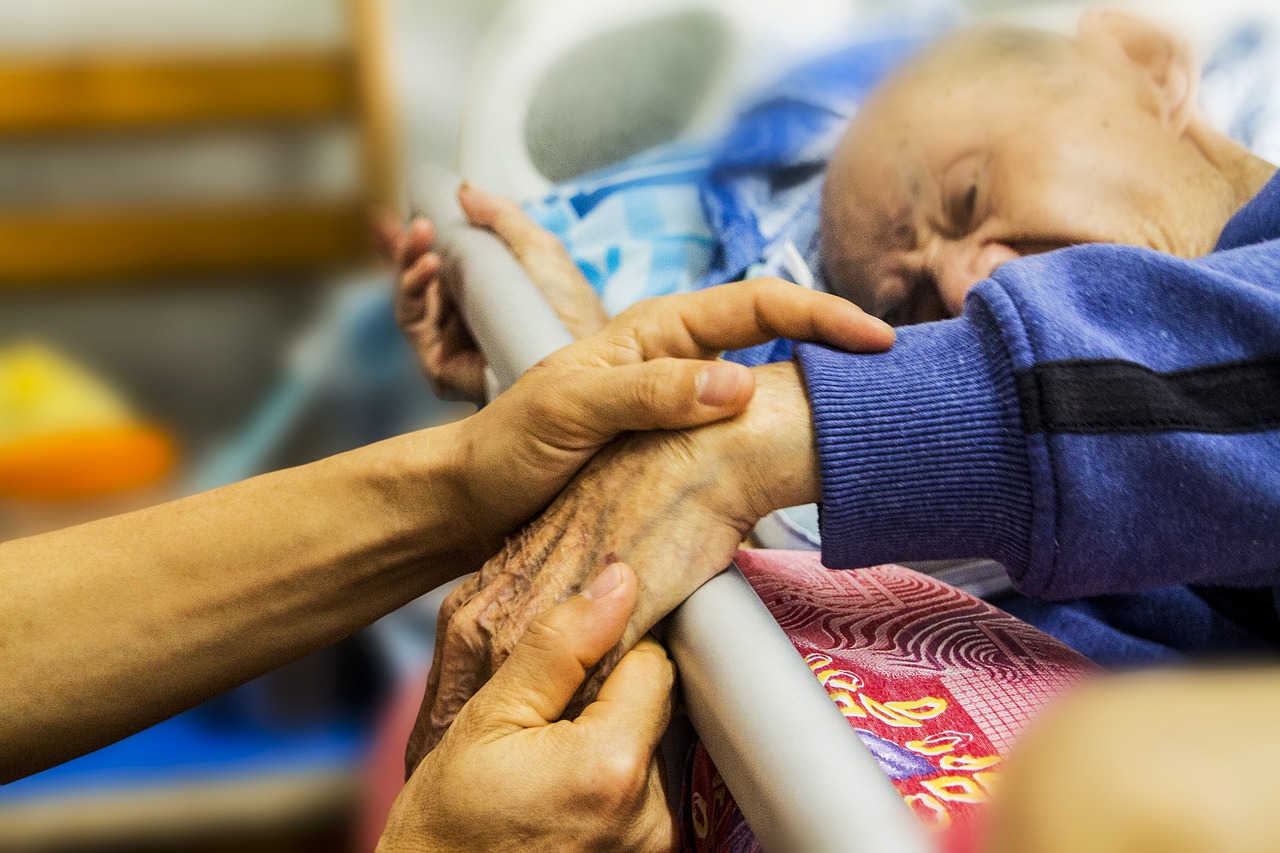When is it Time for Extra Care?

Caring for a loved one can be an exhausting responsibility. For grown children, caring for an elderly parent is often an emotional as well as a physical trial.
Indeed, depending on how a family’s caregiver support system is structured, caring for an ill or aging mother or father – particularly one who is a hospice patient – can easily turn into a 24-hour-a-day job.
“With all the attention they’re paying to their parent/patient, spending hour after hour responding to their medical needs, it can be hard for caregivers to notice when they need to take a break,” says Liz Focke, social worker in Crossroads Hospice & Palliative Care’s Cincinnati office.
Caregiver Burnout
In fact, “caregiver burnout” is a very common condition among family caregivers. It often comes about when individuals don’t get the caregiver support they need, or if they try to do more than they are capable of. Unaddressed, caregiver burnout may lead to more severe symptoms such as fatigue, stress, anxiety, and depression. In addition, caregivers often report feeling guilty for spending some time on themselves rather than on their ill or aging loved ones.
The dynamic is different from family to family, says Focke. In some larger families, there may be a lot of hands willing to pitch in to help. In other scenarios, however, the caretaker role may fall on one person, often a wife or daughter.
“That can be overwhelming, and when their support system starts to unravel, it’s important for them to know there are ways for them to get caregiver support – even if it’s just a little extra help so their symptoms and manage their daily lives without burning out,” says Focke.
Medicare Recognizes the Need
Medicare will cover a number of caregiver support services, such as home health care, that a doctor orders. This could include part-time skilled nursing care and a Medicare-approved home health aide.
Hospice caregiver support also includes palliative care to help ease the pain a patient may be feeling, as well as emotional and spiritual support, and respite care.
Respite care offers caregivers the chance to reduce stress, restore energy and maintain a better life balance. It can be for a few hours a week, for example, to run errands or a few weeks a year to take a much-needed vacation. Under the Medicare hospice benefit, a loved one can get respite care in a Medicare-approved hospice or skilled nursing facility for up to five days at a time. Medicare will pay 95% of the Medicare-approved amount for respite care.
A Teamwork Approach
“Sometimes family caregivers who have been looking after their loved ones for some time will be wary of bringing outsiders into the mix,” says Focke. “We recognize that and try to work together as a team to determine exactly what kind of hospice caregiver support the family may need – whether that means a nurse, chaplain, social worker, or someone else – our goal is look at them on an individual basis and figure out what’s going to work for them.”
It’s also important to keep the lines of communication open, because needs can change and family dynamics can change – particularly when a loved one is in hospice care, Focke says.
“Someone told me once that family structures are like a mobile with multiple layers,” Focke says. “At first glance, you can see the various pieces and how they relate to one another. But if there’s a big gust of wind, those pieces get blown apart, and everyone can start acting out in different ways.
“So it’s important to see how that individual family system works so we can provide exactly the hospice caregiver support that’s needed.. We keep the communications lines open, so that we’re sure they’re getting all the support they need, and especially so we know that the patient and caregiver are safe.”
For more information about hospice care, please visit our website or give us a call at 1-888-564-3405.
If you found this information helpful, please share it with your network and community.
Copyright © 2017 Crossroads Hospice. All rights reserved.




